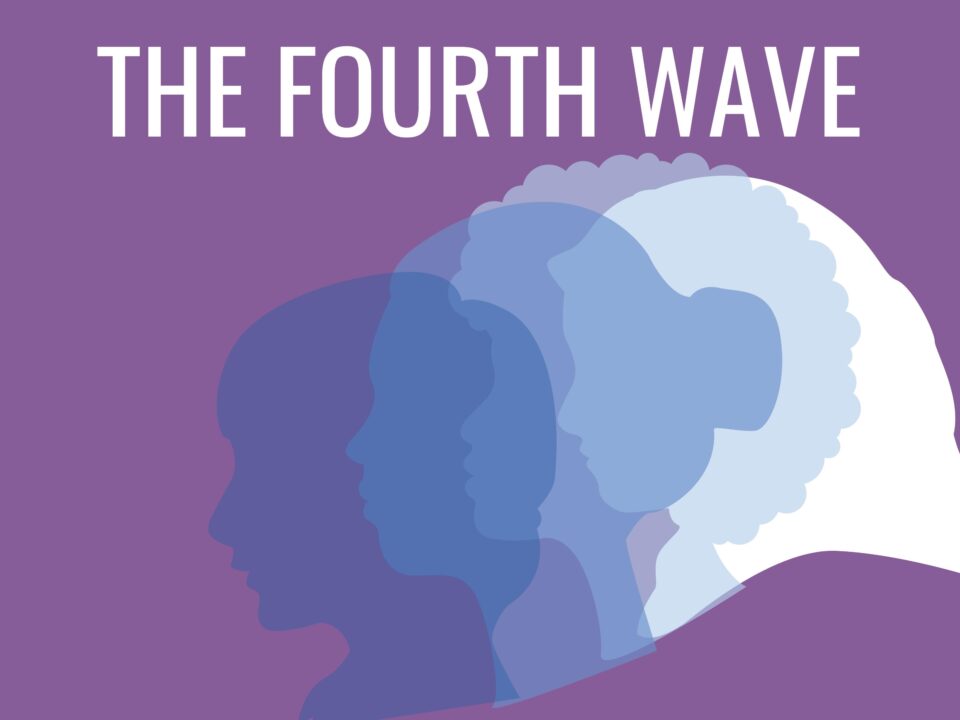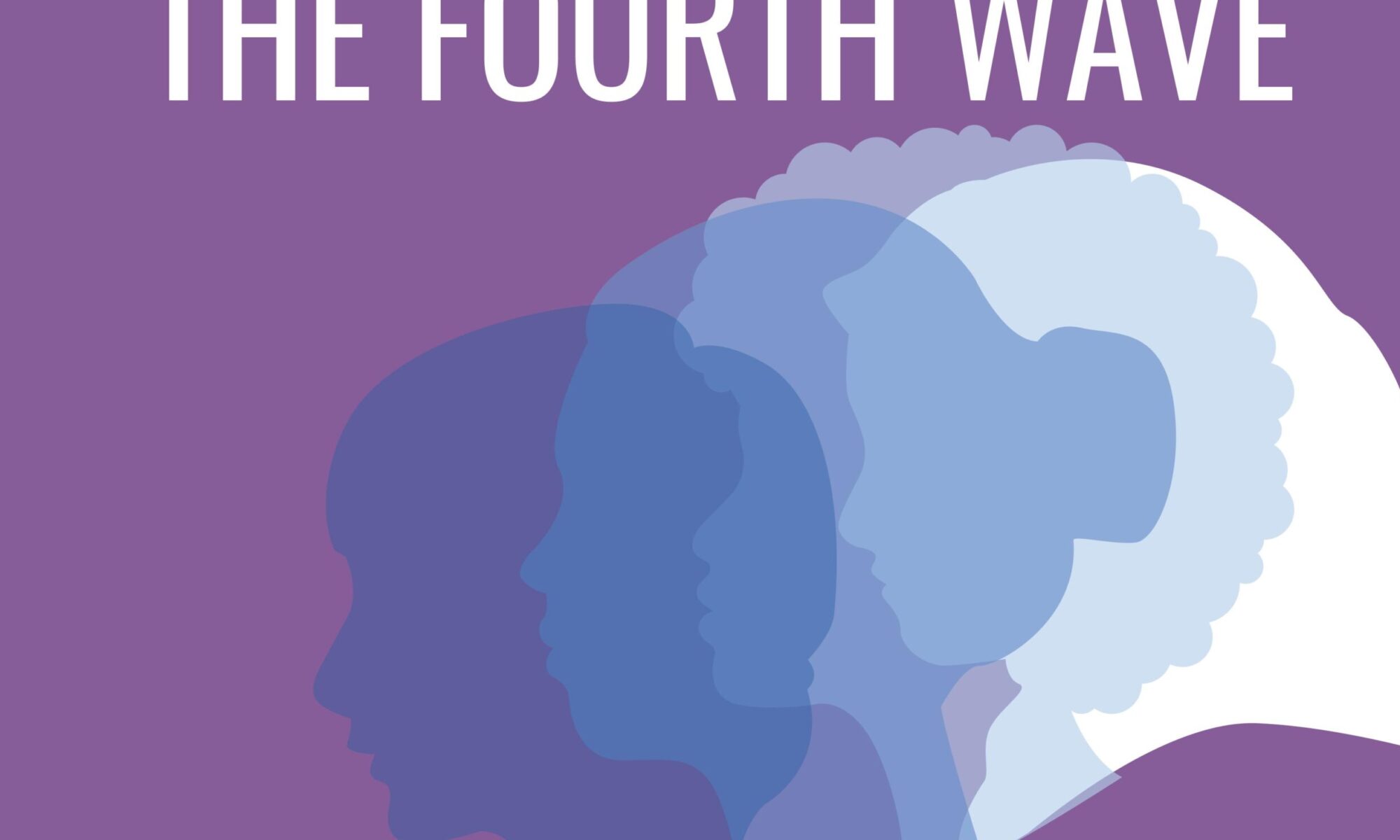This editorial is part of a series called “The Fourth Wave” for Women’s History Month focused on women’s achievements on the St. Thomas campus and the intersectionality of modern feminism.

There is no better time than Women’s History Month to read some of the most influential novels written by women. Touching on an array of topics, these novels are written by women of all ages, eras, races, sexualities and backgrounds.
“Little Women” by Louisa May Alcott: A timeless novel on the lives of four sisters as they grow together in the Civil War era, encountering love, heartbreak, death, equality and more. Meg, Jo, Beth and Amy March are women raised by their strong mother, Marmee, who is the glue of the family as the March’s father is off at war.
“The Bell Jar” by Sylvia Plath: The semi-autobiographical novel by the American poet and writer is focused on women’s mental health. The novel follows Esther Greenwood, a brilliant, successful and intelligent young woman who is slowly withering away. Esther’s descent into depression and bipolar disorder opens readers’ eyes to the very real struggles happening all around us.
“Know My Name” by Chanel Miller: A memoir based on the viral victim impact statement, a statement that provides victims with an opportunity to address the court at the sentencing or juvenile dispositional hearing to express the impact the crime has had on them and their families, in the People v. Turner case of 2016, Miller dictates her own story and makes sure the world knows her name. Miller was known as “Emily Doe” in the trial case, but now she shares her very personal story of being sexually assaulted by Brock Allen Turner, a student-athlete at Stanford. The case influenced the California legislature to require prison terms for rapists whose victims were unconscious and to include digital penetration, which is a sexual act that involves penetrating the vagina or the anus with one or more fingers, in the definition of rape.
“Girl, Woman, Other” by Bernardine Evaristo: This novel follows the lives of twelve Black British women as they share their stories of love, family, struggles and more. This vibrant and celebratory story is a contemporary voice for today’s women.
“Crying in H Mart” by Michelle Zauner: Growing up Korean American, Zauner’s memoir talks about her life as one of the only Asian Americans in her school, losing her mother and forging her own identity. Zauner is able to find her identity through music as the singer and guitarist of the musical project Japanese Breakfast, an experimental pop band headed by the author herself.
“Somebody’s Daughter” by Ashley C. Ford: A memoir about growing up in poverty as a Black girl, Ford opens up about the absence of her incarcerated father, her strained relationship with her mother and the sexual assault she faced by her own boyfriend. Ford returns to the image of her father for hope and encouragement as she goes through her life as somebody’s daughter.
“Circe” by Madeline Miller: Greek heroic age, “Circe” follows the divine daughter of Helios and Perse, Circe. Because she is deemed unattractive and powerless from her birth, Circe is banished to a deserted island by Zeus where she is left to her own devices. From the female perspective of Homer’s “The Odyssey,” Circe is able to use her power and beauty to grow and protect everyone she meets.
“My Brilliant Friend” by Elena Ferrante: Elena and Lila are two best friends growing up in a neighborhood that is always changing and brings forth challenges the two growing girls must face. The lives of these two women tell a heartwarming and courageous novel of friendship and love.
“The Glass Castle” by Jeanette Walls: “The Glass Castle” is a memoir focusing on Walls’ dysfunctional and nomadic family. Walls emphasizes her and her father’s troubled relationship as her father makes an unfulfilled promise to the family to build a glass castle. Walls’ story is one of familial love and struggles, finding her own world perspective and being able to build a life of her own that she is proud of.
“A Room of One’s Own” by Virginia Woolf: “A Room of One’s Own” is an extended essay by Woolf to explore social injustices of women and to comment on women’s lack of free expression. Woolf uses metaphors to strengthen her point, resulting in the famous line “a woman must have money and room of her own if she is to write fiction.”
“You Exist Too Much” by Zania Arafat: When the 12-year-old female protagonist at the start of the novel admits to her Palestinian American mother that she is queer, her mother tells her “you exist too much.” This novel articulates the fantasies and desires of a young woman caught between sexual, religious and cultural identities as she tries to be content with who she truly is.
These are just 11 extraordinary novels written by females who have shared both nonfictional and fictional stories about women then, women now and women in the future.
Macy Berendsen can be reached at macy.berendsen@stthomas.edu.



